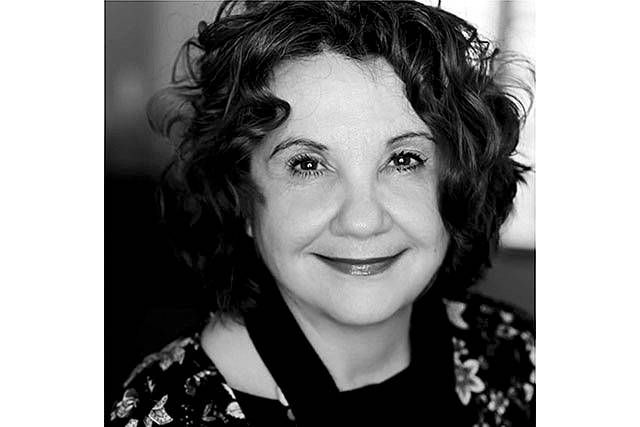By Mary Salamon
In December 1944, at the height of World War II, Gen. Patton called upon chief of staff Col. Paul D. Hawkins and Chaplain O’Neill of the Third Army. According to Hawkins, this is how Patton called upon the chaplain to pray:
Patton: Chaplain, I want you to publish a prayer for good weather. I’m tired of these soldiers having to fight mud and floods as well as Germans. See if we can’t get God to work on our side.
O’Neill: Sir, it’s going to take a pretty thick rug for that kind of praying.
Patton: I don’t care if it takes the flying carpet. I want the praying done.
O’Neill: Yes, sir. May I say, General, that it usually isn’t a customary thing among men of my profession to pray for clear weather to kill fellow men.
Patton: Chaplain, are you teaching me theology or are you chaplain of the Third Army? I want a prayer.
O’Neill: Yes, sir.
In the book, “War As I Knew It”, this prayer was distributed to every soldier in the Third Army:
“Almighty God and most merciful Father, we humbly beseech Thee, of Thy great goodness, to restrain these immoderate rains with which we have had to contend. Grant us fair weather for battle. Graciously hearken to us as soldiers who call upon Thee that, armed with Thy power, we may advance from victory to victory, and crush the oppression and wickedness of our enemies, and establish Thy justice among men and nations. Amen.
The skies cleared within 24 hours. A week of perfect weather ensued, allowing the Allies to advance toward the Rhine. Patton was ecstatic and gave O’Neill a Bronze Star.
Years ago, I was invited to a women’s breakfast at a local church. The speaker was a state senator who had served the district many years. One of her statements was this: “If Christians knew the many things that we are called to vote on every day, they would be on their knees crying out to God for wisdom for their elected officials.” There are many paths that a person can take to participate in government. But there is one instruction given to the Church – to pray. “I urge, then, first of all, that petitions, prayers, intercession and thanksgiving be made for all people — for kings and all those in authority, that we may live peaceful and quiet lives in all godliness and holiness.” – 1Timothy 2:1-2 (NIV)
We are asked to pray for government in order to live peaceful, quiet lives. Indeed, the evidence for cause and effect of certain outcomes is abundant. Look at 2 Chronicles 7:14, “if my people, who are called by my name, will humble themselves and pray and seek my face and turn from their wicked ways, then I will hear from heaven, and I will forgive their sin and will heal their land.” Notice the words, “If my people…then I will….” So, in other words, if we do something God will respond.
Mary Salamon periodically writes a faith column for this newspaper. This column includes excerpts from her book, “Government and Its People – How the Church can participate in Government.”


